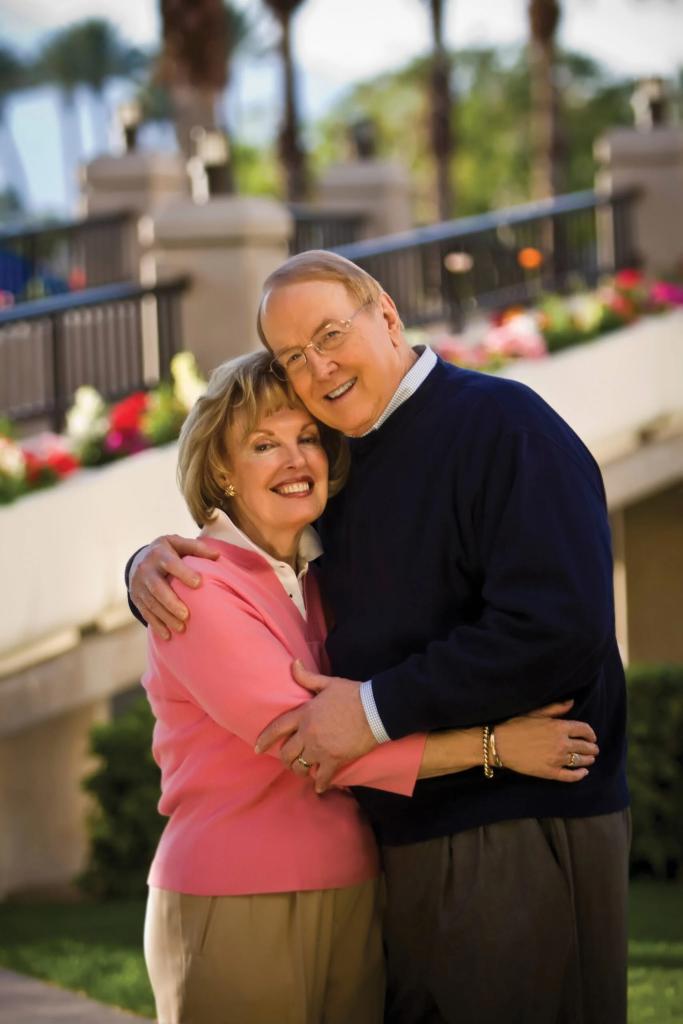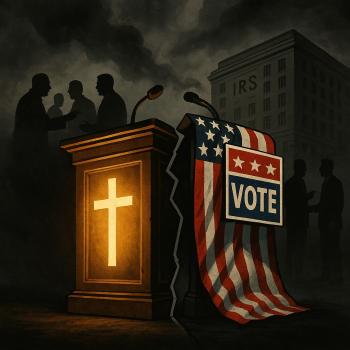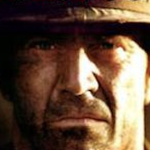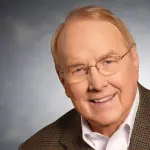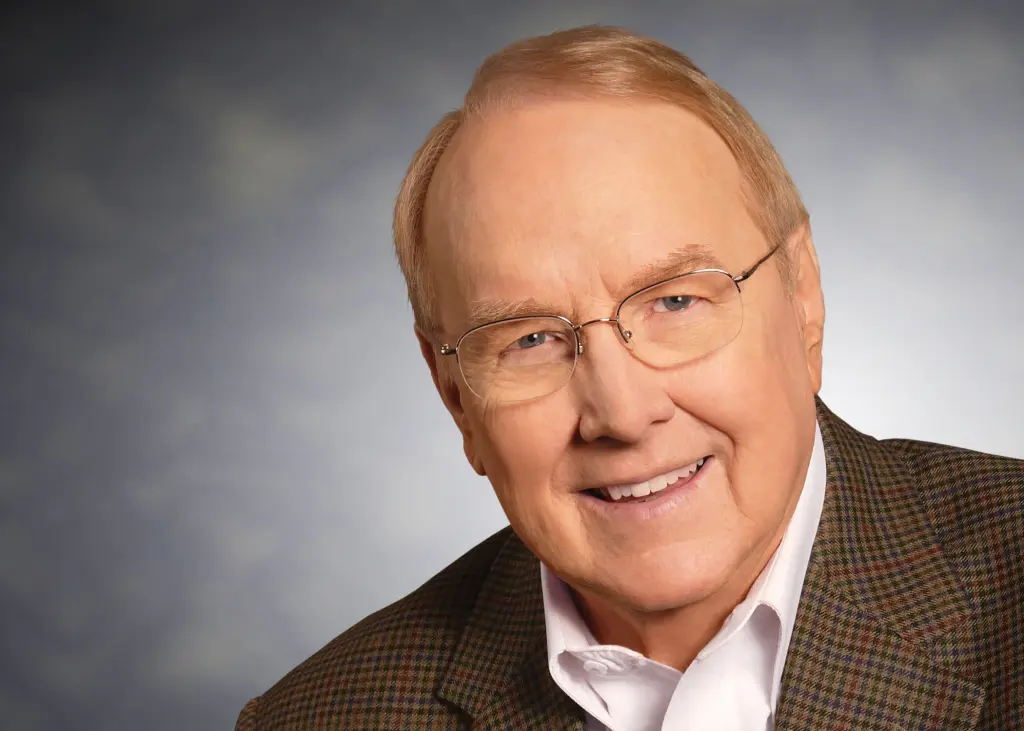
Dr. James Dobson died on August 21, 2025. He was 89. The announcement came from the James Dobson Family Institute, the organization he founded after stepping away from Focus on the Family. For decades, Dobson was the authority in evangelical parenting advice. His voice— unmistakably Midwestern—could be heard on radio stations across the country, in church libraries, and in the homes of millions of American families. While he was seen as a trusted counselor to some, others saw him as the architect of a movement that blurred the line between pastoral care and politics. While he helped bring evangelicalism into the national conversation, others believed he changed the tone of Christianity negatively.
Dobson’s career did not begin in the pulpit. He earned a doctorate in child development from the University of Southern California and published Dare to Discipline in 1970. The book was part parenting guide, part manifesto. It advocated for firm boundaries and, when necessary, corporal punishment.
Dobson’s storytelling was vivid—sometimes uncomfortably so. One infamous anecdote from his books has endured: a belt-wielding showdown with his dachshund, Sigmund Freud. The scene, described in detail, has been cited by critics as emblematic of Dobson’s harsh approach. Others saw it as a metaphor for the struggle between authority and defiance.
Dobson’s legacy on discipline remains one of the most hotly debated aspects of his career. His advocacy for spanking was not merely theoretical. He offered detailed instructions, including the use of objects like belts or switches, and cautioned against using the hand, which he believed should remain an instrument of love. This approach, while embraced by some evangelicals, has also drawn sharp criticism in recent years. In a reflective essay titled “To Spank or Not to Spank: Between the Bible & the Belt”, Gregory T. Smith recounts his own upbringing in a Dobson-influenced home, acknowledging the normalization of spanking while questioning its implications.
In Memory of…
Reimagining the Christian Home
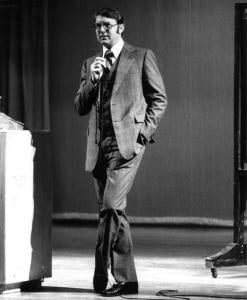
Dobson’s mantra—“turning hearts toward home”—was more than a slogan. It was a theological pivot. Historically, evangelicalism had been wary of domestic life. Revivalists often saw family as a distraction from spiritual fervor.
Dobson reversed that narrative. He made the home sacred, the family central, and parenting a spiritual calling.
Focus on the Family, founded in 1977, became his platform. It grew into a media empire, broadcasting on thousands of stations and influencing everything from parenting to presidential politics.
Dobson’s books—Bringing Up Boys, The Strong-Willed Child, When God Doesn’t Make Sense—sold millions. His dystopian fiction trilogy (Fatherless, Childless, Godless) imagined a future where the collapse of the family led to societal ruin.
The pivot is more explored in this article, noting how Dobson helped evangelicals adopt a domestic theology once foreign to their tradition.
Praise, Power, and Political Reach
Dobson’s influence extended to the White House. He advised five U.S. presidents and served on Donald Trump’s Evangelical Executive Advisory Board. His endorsement of Trump’s alleged conversion to Christianity was met with both applause and skepticism.
In light of Dobson’s support of Trump, Rev. Rob Schenck, writing for Patheos, called for Dobson to apologize for misleading believers and compromising Christian witness in “Does Dr. Dobson Owe Christians An Apology For Trump?”
Dobson’s reach was not just political—it was cultural. He championed causes like fatherhood, marriage, and the sanctity of life. His support for Trail Life USA, a Christian alternative to the Boy Scouts, aligned with his vision of raising godly men through outdoor adventure and mentorship.
The Callous Theology Debate
Dobson’s theology was not without controversy. After the Sandy Hook tragedy, he suggested that mass shootings were divine judgment for abortion and same-sex marriage. The backlash was swift. Evangelical leaders like Peter Wehner, writing for Patheos, accused Dobson of weaponizing grief and distorting the gospel in articles such as “The Callous Theology Of James Dobson”
Fred Clark, perhaps Patheos’ most popular Progressive Christian writer, offered a broader critique in arguing that Dobson’s theology consistently aligned with systems of control and hierarchy.
Timothy Dalrymple further explored Dobson’s dystopian fiction and its warnings about demographic collapse and fatherlessness in this interview with Dobson.
Legacy in Literature and Letters
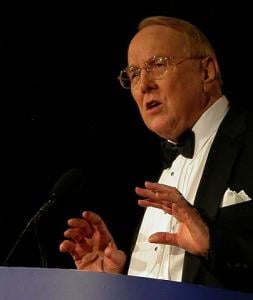
Dobson’s legacy is preserved not only in his books but also in the documents and statements he issued over the years. In 2018, he publicly supported the Convention of States Project, calling for constitutional amendments to restrain federal overreach. His writings and media appearances continue to be archived and referenced across Patheos and other platforms, including his profile in the “Faith Figures Database”
Historian and university professor Kristin Kobes Du Mez also examined Dobson’s influence on evangelical culture , framing him as a quasi-pastoral figure whose media empire functioned like a church for millions of listeners.
Tributes and Reflections
Priests for Life National Director Frank Pavone issued the following statement:
“All of us at Priests for Life were saddened today to hear of the passing of Dr. James Dobson.
He was the founder of Focus on the Family and of the Dr. James Dobson Family Institute (JDFI), but to us he will be remembered as a close friend, mentor, and a brother in Christ who not only labored with us for the Kingdom but defended us when we faced criticism and opposition.
On many occasions, my Priests for Life team and I joined Dr. Dobson at his office, on his broadcasts, at events across the nation, and around the table for a meal. He was passionate about the right to life of the unborn, the most vulnerable member of every family.
We will always be grateful for his influence on our nation, and on countless families whom he guided and encouraged through his writings and broadcasts. And the gratitude we have will strengthen our resolve each day to follow his example and echo his message.”
A statement from his family emphasized his legacy:
“Dr. Dobson’s impact endures through the many lives he touched, the families he strengthened, and the unshakable faith he proclaimed.”
Gary Bauer, senior vice president at Dobson’s institute, referred to him as a “pioneer” for his work in advocating for families amid shifting societal values.
A Legacy of Paradox
Dobson’s death invites reflection. He helped millions of families. He hurt others. He turned hearts toward home—but also turned some away. His legacy is paradoxical: a man who preached love through discipline, who built a movement on family while sometimes fracturing it.
In the end, Dobson’s ministry was not just about parenting. It was about power—who holds it, how it’s used, and what it means to live under it. His voice will echo in homes for years to come.
Whether as comfort or caution, that depends on who’s listening.
A Digital Tribute
On the day of his death, a website titled JamesDobsonMemorial.com quietly went live. The site is not a press release, nor a corporate obituary. It reads more like a personal reflection—an echo of Dobson’s own voice.
It includes this statement from Dobson:
The sentiment is unmistakably Dobson: a rejection of fame, a prioritization of family, and a final appeal to faith.
The site functions as both tribute and testimony, inviting visitors to remember not just what Dobson built, but what he believed.
